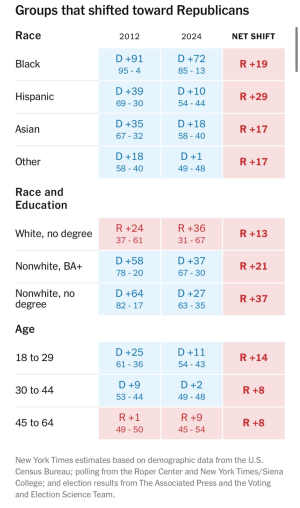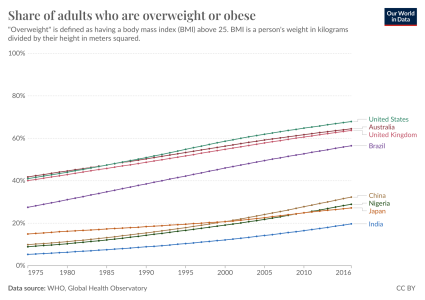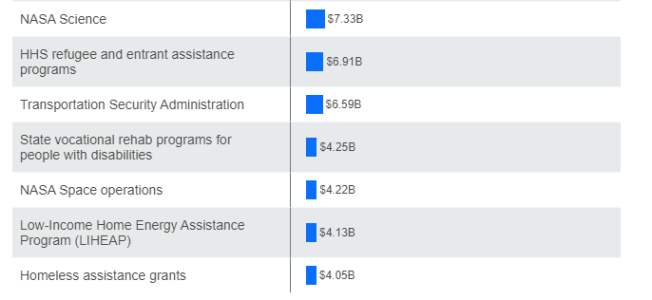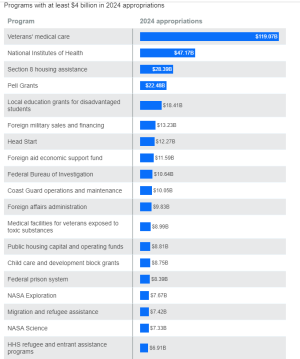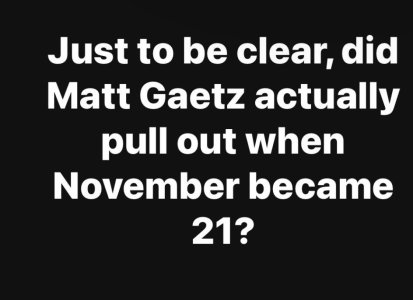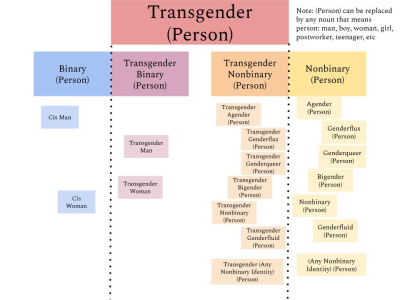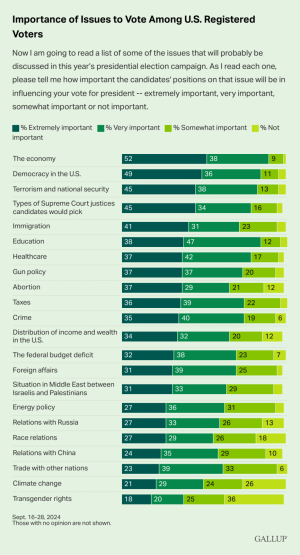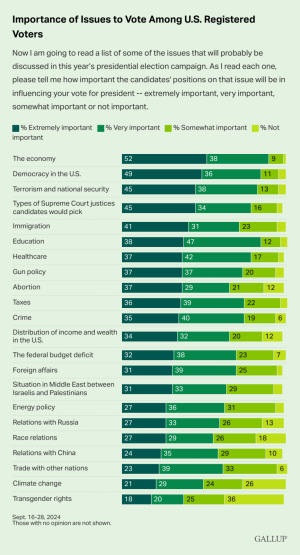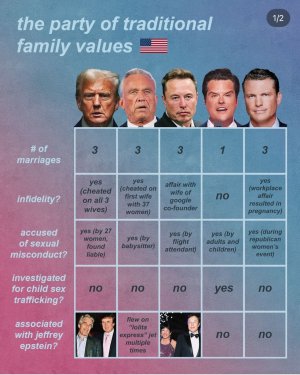Lets get this out of the way and make this clear.
Obama did NOT have a super majority:
http://www.huffingtonpost.com/jenni...ng-the-myth-obamas_b_1929869.html?view=screen
[h1]Debunking the Myth: Obama's Two-Year Supermajority[/h1]
Posted: 10/01/2012 2:14 pm
Mitt Romney's at it again -- shading the truth on CBS News'
60 Minutes.
In
this video he's perpetuating the false Republican narrative that President Obama should have gotten more done during his first two years in office because he had a supermajority in the Senate.
A supermajority is a filibuster-proof 60 or more Senate seats, allowing one party to pass legislation without votes from the other,
Don't forget: the president needed a supermajority because of the Republicans' unprecedented use of the filibuster as an obstruction tactic -- they've used it
more than400 times.
But here's the deal -- the real deal -- there actually wasn't a two year supermajority.
This timeline shows the facts.
President Obama was sworn in on January 20, 2009 with just 58 Senators to support his agenda.
He should have had 59, but Republicans contested Al Franken's election in Minnesota and he didn't get seated for seven months.
The President's cause was helped in April when Pennsylvania's Republican Senator Arlen Specter switched parties.
That gave the President 59 votes -- still a vote shy of the super majority.
But one month later, Democratic Senator Byrd of West Virginia was hospitalized and was basically out of commission.
So while the President's number on paper was 59 Senators -- he was really working with just 58 Senators.
Then in July, Minnesota Senator Al Franken was finally sworn in, giving President Obama the magic 60 -- but only in theory, because Senator Byrd was still out.
In August, Senator Ted Kennedy of Massachusetts died and the number went back down to 59 again until Paul Kirk temporarily filled Kennedy's seat in September.
Any pretense of a supermajority ended on February 4, 2010 when Republican Scott Brown was sworn into the seat Senator Kennedy once held.Do you see a two-year supermajority?
I didn't think so.
Originally aired on The War Room with Jennifer Granholm
. The War Room airs weeknights at 10 p.m. EST on Current TV. Follow Jennifer Granholm on Facebookand Twitter, and The War Room
on Facebook and Twitter.
Follow Gov. Jennifer M. Granholm on Twitter: www.twitter.com/JenGranholm
http://andrewsullivan.thedailybeast...super-majority-in-congress-for-two-years.html
[h1]
The Big Lies of Mitt Romney V: Obama Had A Super-Majority In Congress For Two Years[/h1]

A reader writes:
This stood out to me in "
The Lies of Mitt Romney III":
"we remember the president’s own party had a super majority in both houses for his first two years"
I'm not sure how Romney defines a super majority, but my recollection was that the Dems only had a filibuster-proof majority (including two independents) from the time that Al Franken was finally seated (July 7, 2009) until the point that Teddy Kennedy passed away (August 25, 2009). That's only seven weeks, not two years.
And there was
never a supermajority in the House as Romney claims. The balance at the start of the Congress was 257 - 178, which is a Democratic share of only 59 percent, not 67. So again, Romney simply lied. Obama never had a super majority in both Houses, let alone for two years. In the Senate, his super-majority lasted seven weeks.
Please stay vigilant. Your eyes are as good as ours. Scan Romney's statements for factual untruths - not embellishments or exaggerations, but empirically false statements. Update from a reader:
Not to let Mitt Romney off the hook, because his "two years supermajority" claim is still blatantly false, but there was an interim Senator from Massachusetts who was, in fact, the 60th vote for healthcare reform after Ted Kennedy died. Paul Kirk served as
interim Senator from Massachusetts from September 24, 2009 to February 4, 2010. Therefore, the Democrats had a Senate supermajority for seven weeks with Kennedy and nineteen weeks with Paul Kirk, for a total of 26 weeks, or half a year.
Update from another reader:
By the time Al Franken was sworn in on July 7, 2009, Ted Kennedy had not cast a Senate vote for about four months because he was
terminally illwith brain cancer. (He died on August 25, 2009.) Robert Byrd was also
hospitalized from May 18 through June 30, 2009 and may not have been well enough to attend Congress and vote for some time afterward. Thus the Democrats did not really have the 60 votes needed to break a filibuster until Kirk took office. Byrd (who died in June 2010) was also periodically too ill to attend and vote during the September 2009-February 2010 period, though I have not been able to confirm this with a quick Google.




 . Later research showed that by the standards requested by the Gore campaign in their contest brief and set by the Florida Supreme Court, Bush would have likely won the recount anyway.[3] However, the same research indicates that had Gore asked for and received a statewide recount, then he would have likely won the statewide recount by about 100 votes, awarding him Florida's (then) 25 electoral votes and consequently victory in the election (by a margin of 291 electoral votes to Bush's 246)
. Later research showed that by the standards requested by the Gore campaign in their contest brief and set by the Florida Supreme Court, Bush would have likely won the recount anyway.[3] However, the same research indicates that had Gore asked for and received a statewide recount, then he would have likely won the statewide recount by about 100 votes, awarding him Florida's (then) 25 electoral votes and consequently victory in the election (by a margin of 291 electoral votes to Bush's 246)






